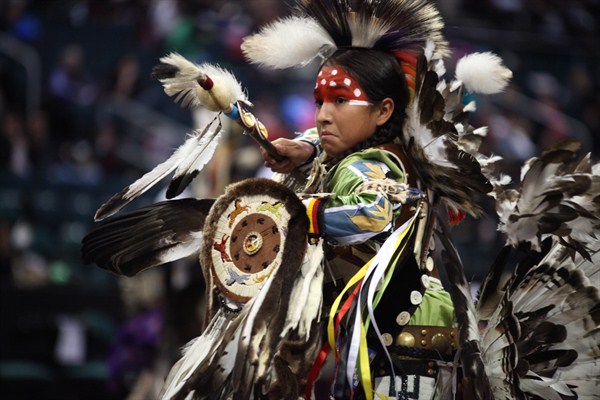Editor’s note: This article is part of an ongoing WPR series on the legal status and socio-economic conditions of indigenous peoples in a range of countries.
Canadian Justice Minister Jody Wilson-Raybould recently told a gathering of British Columbia Cabinet members and indigenous leaders that Canada will adopt the United Nations Declaration on the Rights of Indigenous Peoples, but that Canada cannot incorporate it “word for word” into law, which has prompted widespread criticism across the indigenous community. In an email interview, Niigaanwewidam Sinclair, the head of the native studies department at the University of Manitoba, discusses indigenous rights in Canada.
WPR: What is the legal status of Canada’s indigenous peoples, and what are the key issues facing indigenous communities?

